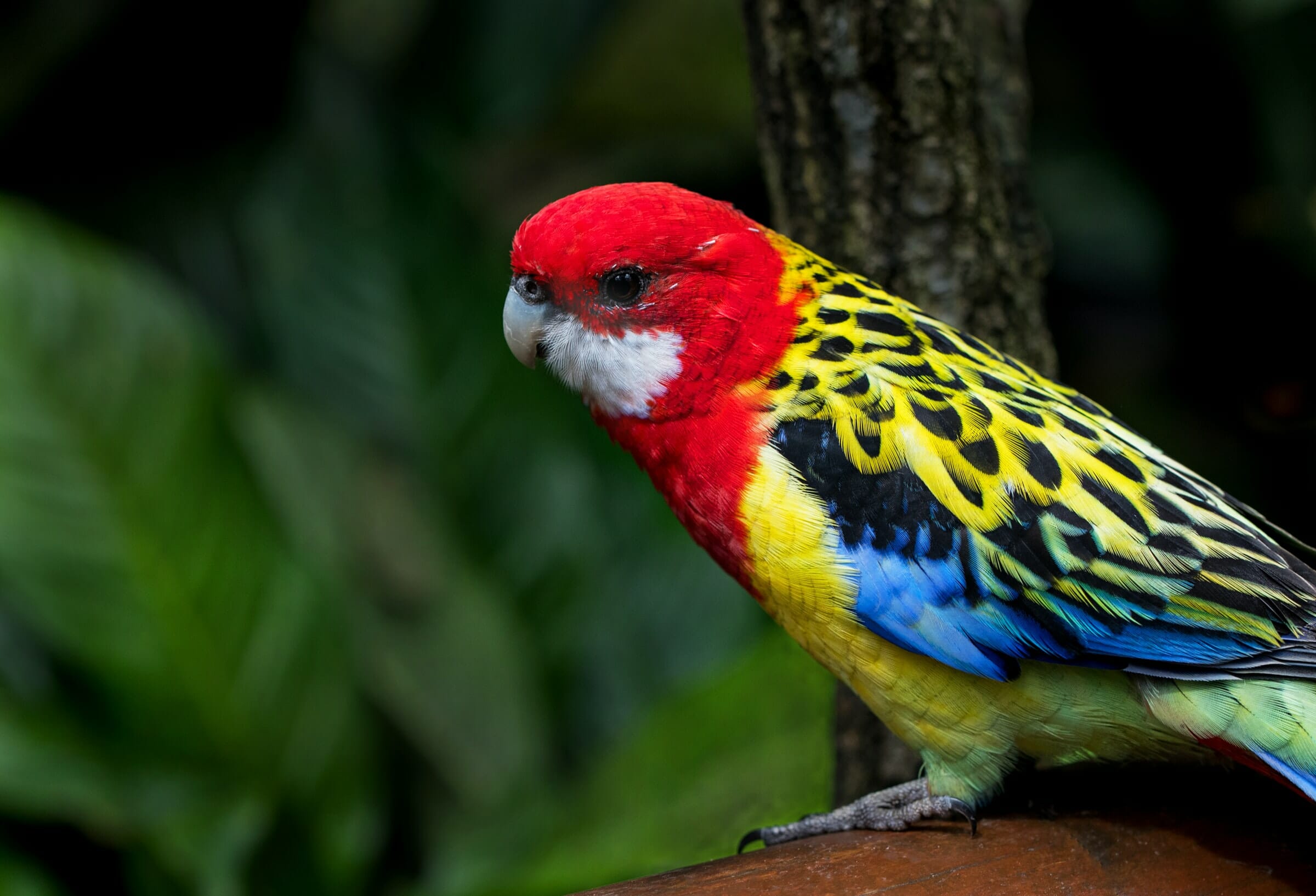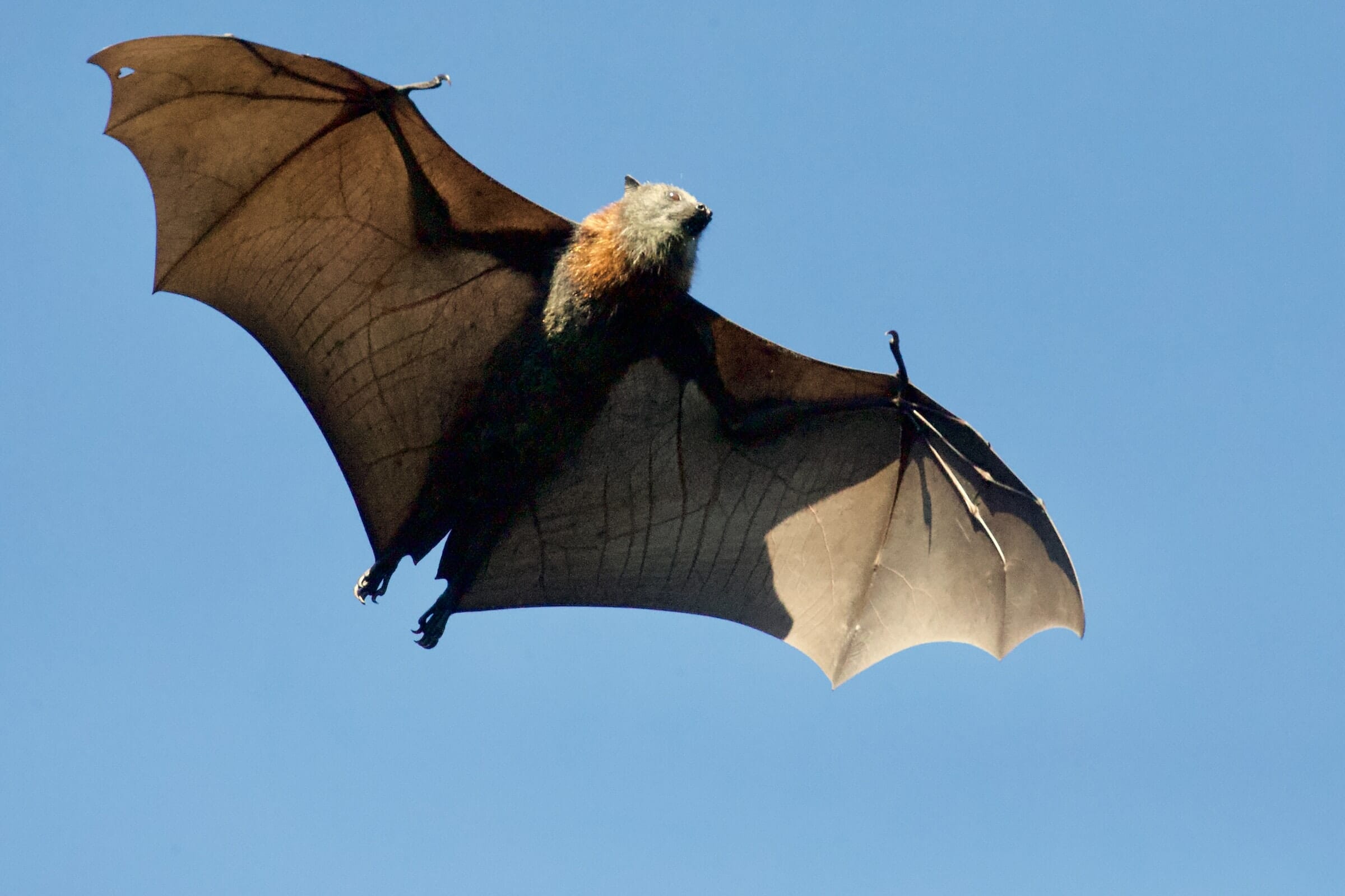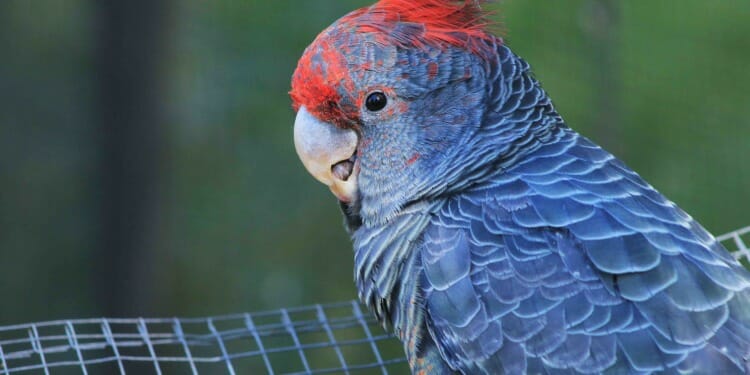Scientists have reported a widespread growth in animal appendages, such as avian beaks and mammalian ears. This “shapeshifting” in warm blooded animals is being reported as a response to earth’s warming temperatures.
In a study published in Trends in Ecology and Evolution, scientist Sara Ryding led a research team which found animals across the globe are ‘shapeshifting’ in order to combat the effects of the growing climate crisis.
According to a phenomenon known as Allen’s Rule, animals in warmer climates have larger appendages to facilitate more efficient heat exchange. Ryding and her research team report “We find that there is widespread evidence of ‘shape-shifting’… in endotherms in response to climate change and its associated cli-matic warming.”
While Allen’s Rule may not be a new concept, the speed at which animals are having to adapt in order to keep up with the changing climate could be detrimental. Ryding explains that “The climate change that we have created appears to be heaping a whole lot of pressure on them, and while some species will adapt, others will not.” If the situation is not monitored it could lead to species shrinkage, loss of fertility and therefore, eventual extinction.

While researchers say it is difficult to pinpoint climate change as the sole cause of ‘shapeshifting’ it is what all of the studied instances have in common. Ryding warns that “Shapeshifting does not mean that animals are coping with climate change and that all is fine.
It just means they are evolving to survive it – but we’re not sure what the other ecological consequences of these changes are, or indeed that all species are capable of changing and surviving.”
Related Articles: The Second Domestication of Plants and Animals | Biodiversity Crisis: One in Five Animals Traded Globally
It is unknown yet what level of temperature change is required for “shapeshifting” to occur but in the example of several cases of Australian Parrot research has shown a 4-10% increase in bill size since 1871. This change positively correlates with the summer temperature each year.
Also, research on the North American dark-eyed juncos, a type of small songbird, showed a link between increased bill size and short-term temperature extremes in cold environments.
Ryding and her team have also reported tail length increases in wood mice, and tail and leg size increases in masked shrews. While evidence suggests bats in warm climates were shown to have increased wing size comparatively to their counterparts in the 1950’s.

Although the changes are currently small, Ryding says that could change if the planet continues to warm at the current rate. “The increases in appendage size we see so far are quite small – less than 10% – so the changes are unlikely to be immediately noticeable,” she said. “However, prominent appendages such as ears are predicted to increase, so we might end up with a live-action Dumbo in the not-so-distant future.”
Given that a lot of mainstream media coverage of the climate crisis asks questions of how humanity can solve it or how technological advancements could reverse it Ryding is hoping her study can help people recognise that “animals also have to adapt to these changes, but this is occurring over a far shorter timescale than would have occurred through most of evolutionary time.”
Ryding says continued research is crucial if scientists hope to be able to predict how climate change will affect animals. “As we reckon with the effects of current anthropo-genic climate change, the capacity to predict the future is crucial. In order to do this, continued study that combines multiple information sources, such as long-term field data, analysis of museum specimens, molecular data, and temporal trends, needs to be prioritised.”
Her efforts, combined with that of other researchers, will hopefully allow scientists to predict which animals will shapeshift in the future. This research will be invaluable in telling us what the consequences of these adaptations will be for the broader ecosystem and indeed what species risk extinction as a result of rising global temperatures.
Editor’s Note: The opinions expressed here by Impakter.com columnists are their own, not those of Impakter.com. In the Featured Photo: Gang Gang Cockatoo, a species whose bill size is increasing as the climate grows hotter. — Featured Photo Credit: Dalal Nizam.










